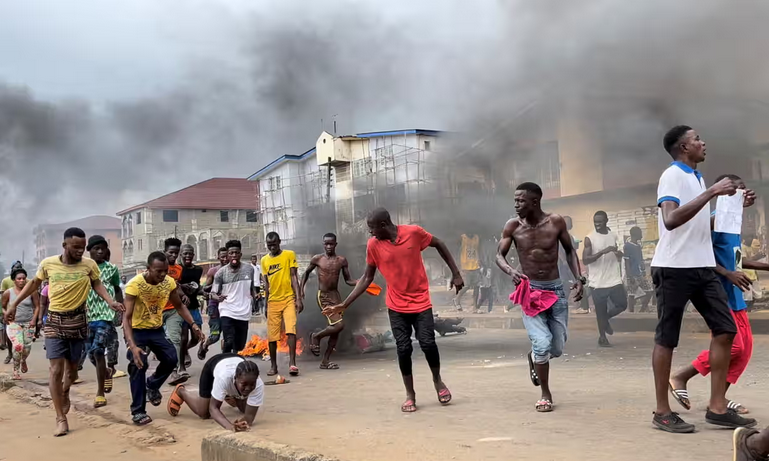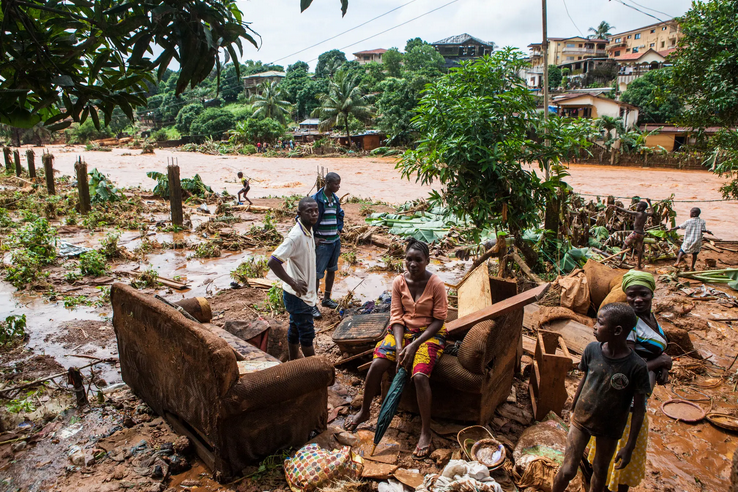
The war in Sierra Leone had a devastating effect on lives of thousands of children who were subjected to various forms of violence, exploitation and trauma.
Boys as young as five, were coerced into committing atrocities under military demands and exploited as child soldiers by the RUF and pro-government militia.
The rebels cut off people’s arms and legs, ‘short-sleeve’ meaning chopping arms at elbow, or ‘long-sleeve’ meaning chopping hands off.
The Sierra Leone civil war subjected thousands of children, women and girls to sexual and physical violence where rape and forced labour were wide spread, with girls often abducted and forced to become sex slaves.
The war displaced over two million people, children were separated from their families and their communities, and witnessed death squad killings, torture, rape and massacres of their friends and families.
Many children lost their homes, parents, siblings, relatives and everyone that they had ever known. The exposure to violence, abuse and horror during the war left many children with deep emotional scars, suffering depression, anxiety, aggression, guilt, shame, low self-esteem and suicidal thoughts.

The war in Sierra Leone ended in 2002 with a signing of a peace agreement and the intervention of the United Nations. Since then, various efforts have been made to rehabilitate and regenerate children into society. However, many challenges remain in ensuring the protection and empowerment of children in Sierra Leone.
At least 60% of the population live below the poverty line, which limits their access to basic services, opportunities and much needed education. Poverty also increases the vulnerability of children to exploitation, abuse and neglect, including child labour and early child marrige and adolescent pregnancies, which effect girls’ health and education.
Children under the age of 5, most common causes of death are malnutrition, malaria and diarrhoeal diseases. Access to education and learning and much-needed skills remain a challenge for children in Sierra Leone. Many children do not attend school due to the poverty, distance, lack of infrastructure or safety. Only 58% of young people aged 24 have basic literacy skills.
The devastating war in Sierra Leone had a profound effect on the lives of children and those unimaginable horrors are impossible to forget. The country still poses challanges for their education, survival and protection. However, there is hope for a better future for these children who have shown remarkable resilience and courage, despite their traumatic experiences to overcome their past. With adequate support from charitable organisations, from each other and the families that have been created, not through blood but through hardships and experiences, they can begin to heal their wounds and realise their full potential.
We together can help young people develop skills, receive an education, help ease emotional scars for them to give their own children a better chance of a childhood in a fragile Sierra Leone.
